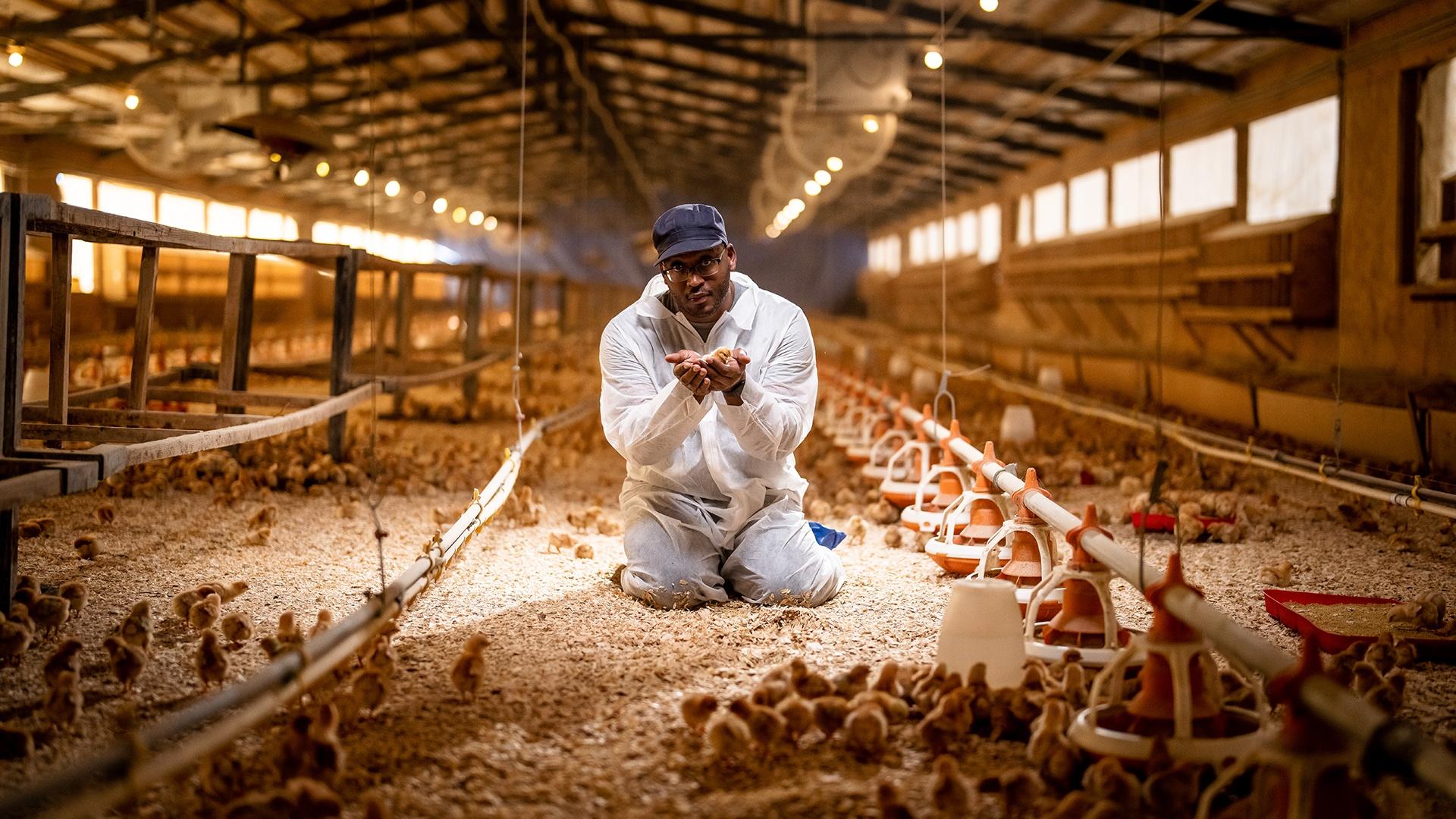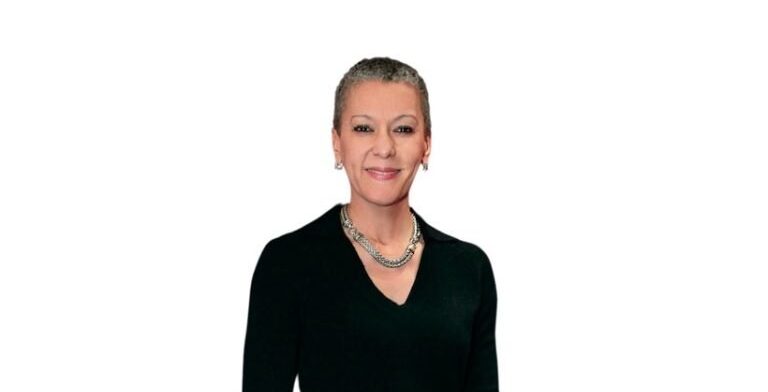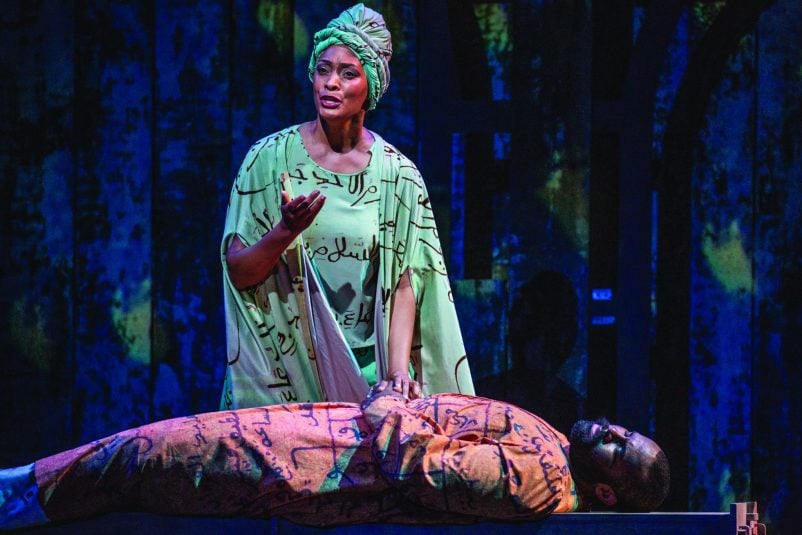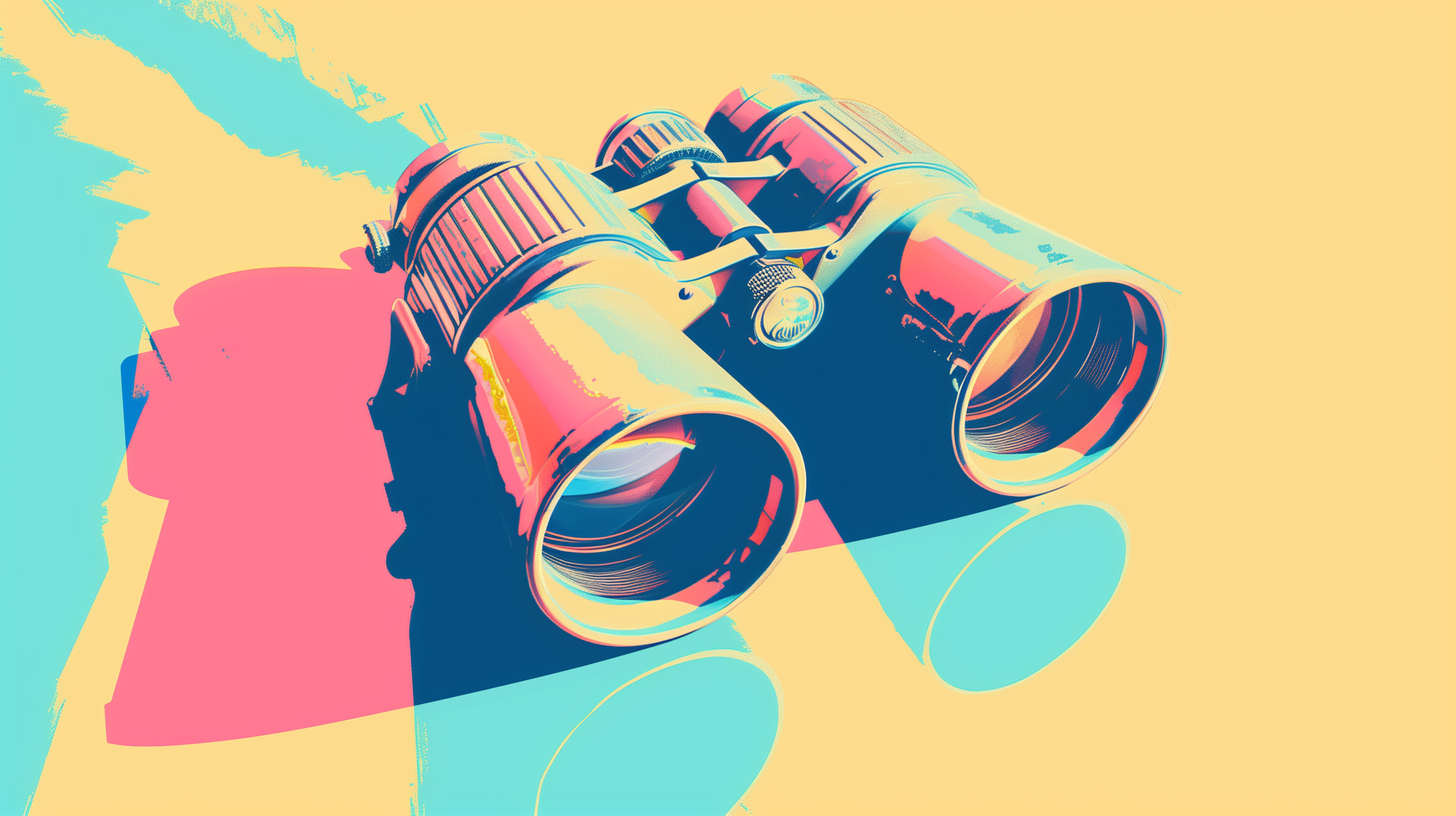Television—high-brow, low-brow, and maybe especially middle-brow—can be considered using a Tolstoyan assessment. Shows are like the families in Anna Karenina: all great ones are alike, while every bad instance of television is bad in its own way. Thus, we have a friendly way of saying that “Human Footprint,” a new, well-intentioned limited series on PBS, hosted by Princeton biologist Shane Campbell-Staton, is frustratingly unique.
First, there is the muddled conceit. Ostensibly a show about the impact of human life on Earth, the show gymnastically avoids formulating judgments on whether that impact has been good or bad. To manage this contortion requires a script that comes off sounding quite a bit like a university student’s gap year journal. There are a lot of questions. One ponders a great deal.

Over-accentuating the Positive
According to the show’s promotional literature, this hedging avoids being a “doom and gloom tale of human villainy.” (Methinks the good doctor doth protest too much.) Such open-ended queries and forced cheerfulness comes at the expense of a more courageous confrontation with all we’ve wrought and wronged—and what is required now that we know. One imagines Sir David Attenborough rolling in his tent.
The muddled thinking infects the episodes. In Episode 1, we are introduced to the idea of invasive species and asked to consider the question, “what truly belongs?” It is not a bad essay prompt for the fall semester’s philosophy class but an ineffectual frame for a conversation that addresses the invasive Asian carp. Introduced purposefully a half-century ago to aid in controlling aquaculture, the carp—predictably—has migrated far from its intended locale, with devastating consequences.
It now propagates destructively, overwhelming native fish populations, degrading water quality, damaging wetland vegetation, and threatening waterfowl ecosystems. Ingenious engineering methods and local interventions costing tens of millions of dollars have been undertaken to prevent the carp from bringing their catastrophic masses to the Great Lakes.

How do we grapple with such havoc unleashed by past leadership that failed their obligations to environmental care? Somehow, after surveying the facts, Dr Campbell-Staton lands on a head-scratching recommendation: Eat more carp. The lesson, it appears, is that we ought to be less fussy about the tiny, crunchy bones—a minor penance for the sins of our fathers.
This failure—to elevate the facts to the level of system critique, or to draw viewers toward a demand for more circumspect actions of their leaders, or to press on the painful knowledge that some bad actions cannot be taken back—represents a demoralizing abandonment of responsibility. And yet the carp fiasco was merely an appetizer. In a startlingly misguided choice, we find the American mustang next up for analysis in a truncated storyline riddled with inexcusable inaccuracies and gross (though convenient) simplifications.
Travesty of the American Wild Mustang
Given our host is a biologist, one might be forgiven for expecting science. Instead, we are handed myth and propaganda in a logical square knot. Step one: Unroll the myth. Wild mustangs of the American West are not native but brought by conquering Spaniards. Step two: Wrap myth around propaganda. As a non-native invasive species, they are more threat than responsibility; our duty of care goes to the ecosystem they may harm, not the herds themselves. Step three: Pull taught. While we’ve come to worship them over the centuries because of their power and agility, they’re more useful as an icon, a symbol of Americana, a use value that requires only a few of them to keep our tether to the past. They are, after all, quite ill-suited for the present.
A tidy logic. One beloved by the Bureau of Land Management that has overseen a decades-long failure of policy and implementation that has resulted in billions of dollars spent to violently capture and hold more than 60,000 wild horses for the rest of their incarcerated lives.
Forget virtue. The truth would have made for better television. Imagine Dr. Campbell-Staton untying the knot: The wild horses, confirmed by a recent study based on the research of 84 independent researchers and published in Science magazine, are native. Their plight—to be hounded by helicopters just after their foals are born, relegated to holding pens never to run wild again—has nothing to do with their threat to an ecosystem in which they rightfully belong. Their populations are managed brutally because ranchers need their land for cattle. The invasive species on the native habitat of the American wild mustang is—wait for it—the cow. Subsidized by the U.S. government, consumed at an unsustainable scale, supported by a powerful lobby, buoyed by a masterful myth. Eat more carp, said Dr. Campbell-Staton. The braver, truer provocation would have been to eat less beef.
Bad television brings good talent down with it. The extraordinary writer David Phillips, whose book Wild Horse Country won the Pulitzer Prize, makes an unfortunate cameo in which his intelligence and artistry are reduced to a staged phone call and some trite commentary on myth. Dr Campbell-Staton himself is a warm, likable presence who likely ranks high on RateMyProfessors. One feels he is honestly out with his lantern, searching for a true thing—but the way was lost in the fog of production without a clear thesis.
The failure of “Human Footprint” is most notable against the backdrop of its intentions. As Oscar Wilde put it: All bad poetry is sincere. There is a promising, watchable show to be born out of Campbell-Staton’s concept, one that brings the wounds we’ve made to the wild world into a confrontation with our anthro-centric psyche. This version isn’t it.









